International Research
WORLDWIDE
Global Forest Biodiversity Initiative and Science-i – Science-i, an independent research platform created by Jingjing Liang to support the Global Forest Biodiversity Initiative and connect researchers with collaborators and data sources worldwide, has helped increase collaborative, forest-related research projects from two or three a year to more than 30, including some by researchers in Africa, South America and Southeast Asia, the site of especially vulnerable tree species.
Substantial Biases in Global Forest Carbon Storage Mapping – The FACAI Lab, led by Jingjing Liang, received a grant from the Purdue College of Agriculture to fund a study aiming to refine biomass mapping and address biases in current global forest carbon estimates.

North America

Mexico
Distribution, Ecology, and Genomics of Montezuma Quail – Implications for Conservation. Andrew DeWoody is studying the distribution, ecology, and genomics in the core of the Montezuma quail’s Mexican range to better inform conservation efforts of the species in Texas.
South America
Bolivia
Ecosystem Services - Zhao Ma’s Human Dimensions Lab has three ongoing projects in Bolivia. Her team is studying payments for ecosystems services (PES) to find out if material incentives such as PES are effective at getting individuals to participate in conservation efforts. The lab also is studying indigenous fire knowledge and management.
Brazil
Agroforestry Chronosequence – Institute for Digital Forestry director Songlin Fei (FNR) along with drone specialist Cameron Wingren (FNR) visited the Amazon region in Brazil for drone and BackPack forest data acquisition with partners Amazon Worldwide Sustainability/AWS Open AI-DeepEarth and The Nature Conservancy, Brazil.
Paraguay
Perceptions of National Determined Contributions – Graduate student and Fulbright student scholar Teresa Paniagua Aranda has received a grant from the World Wildlife Fund’s Voice for Climate Action program to conduct research in Paraguay. She conducted semi-structured interviews with actors in the agricultural sector to understand their perceptions of the National Determined Contributions process.
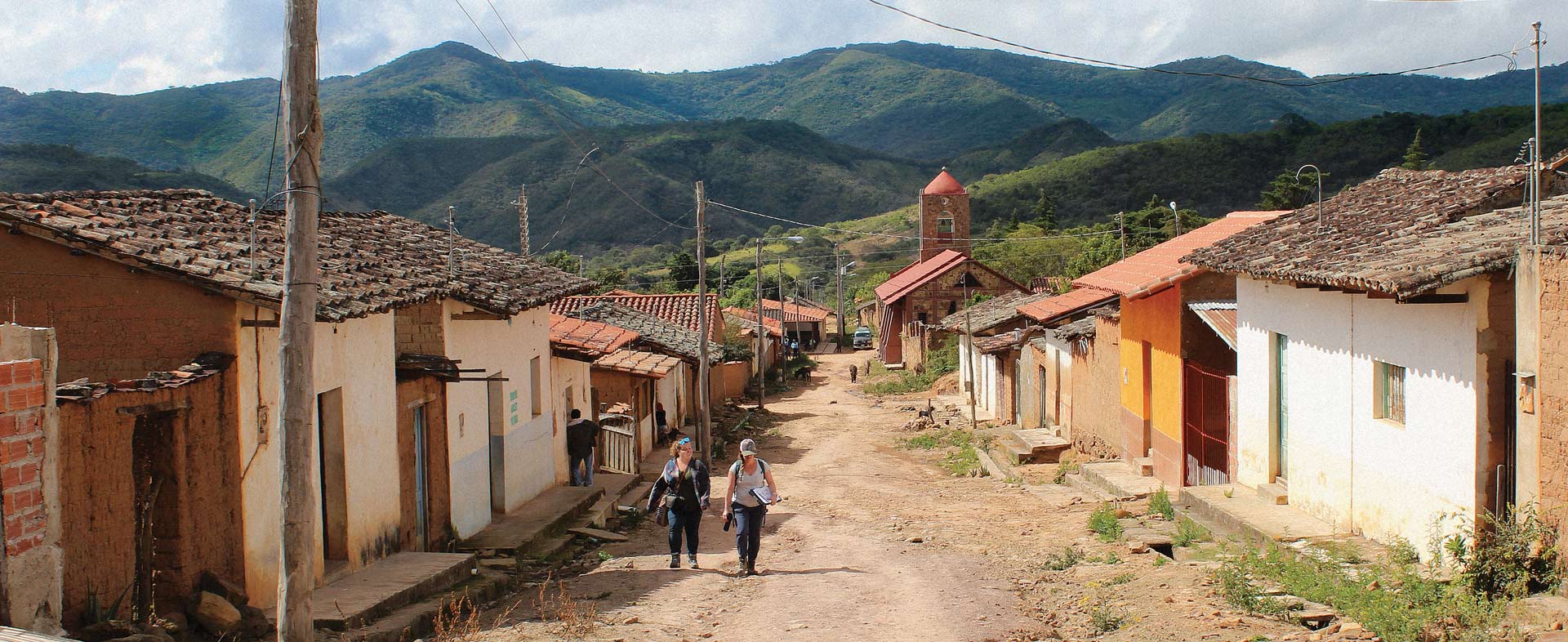
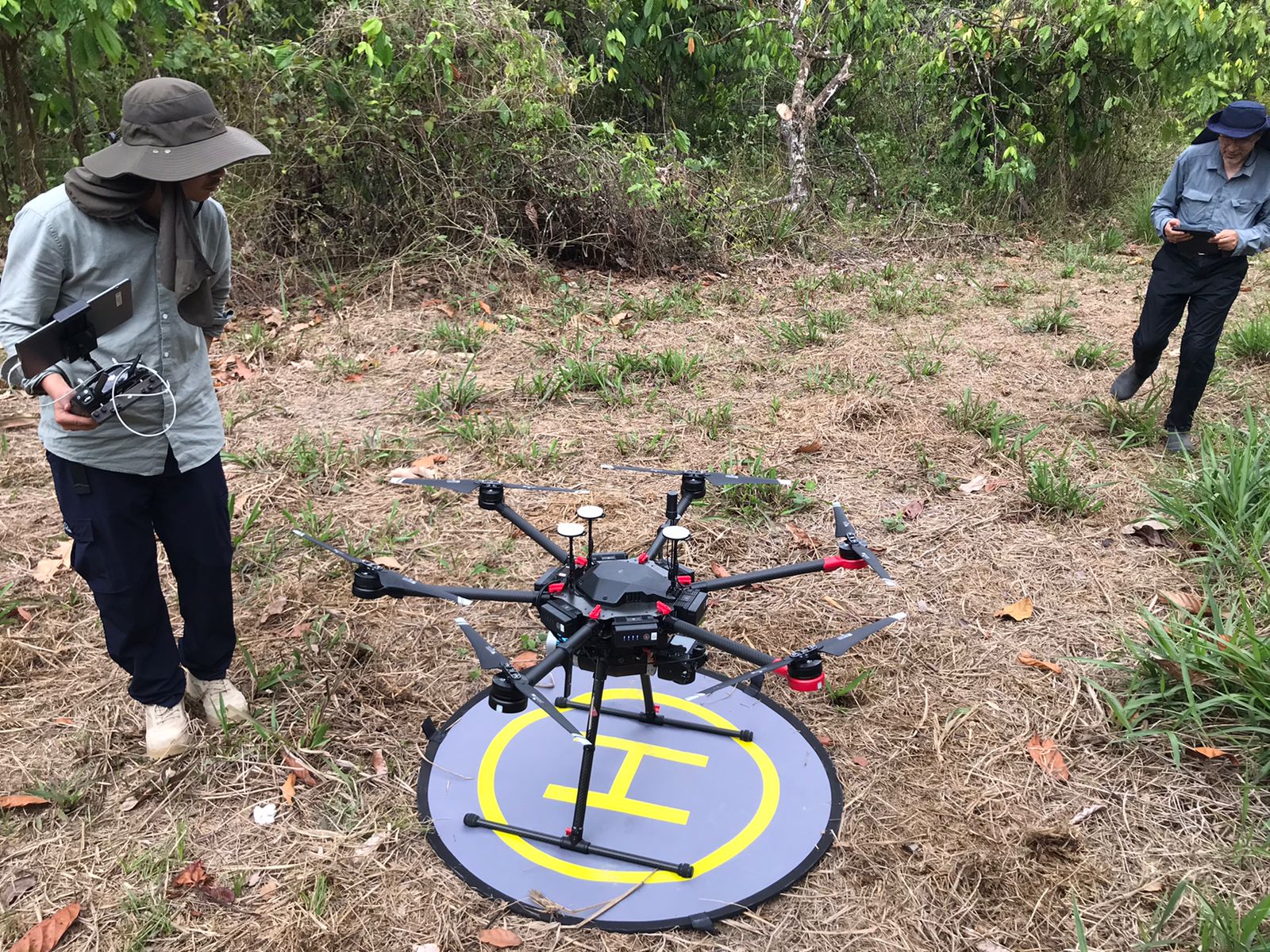
Africa
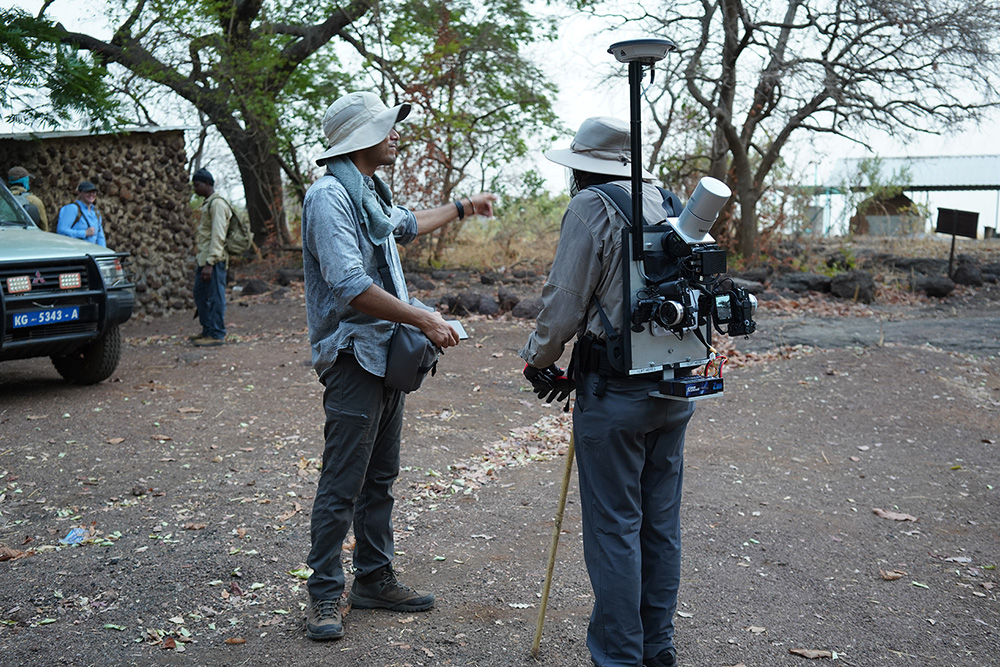
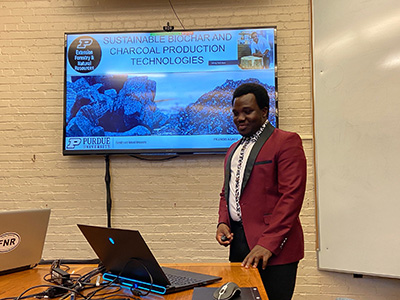
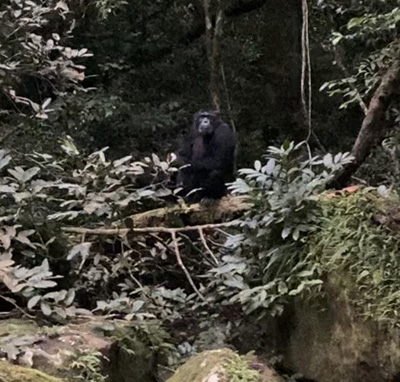
Senegal
Chimpanzee Habitat Mapping with LiDAR – The Institute for Digital Forestry conducted drone and backpack data collection missions in Nicolo Koba National Park, Senegal, to study the northernmost chimpanzee population in their natural forest environment.
The Ecological Basis of Hunting and Meat Sharing in Female Savanna Chimpanzees – Elizabeth Flaherty and partners including Cheikh Anta Dip University in Dakar, Senegal, aim to clarify the ecological basis of hunting and meat ingesting in female savanna chimpanzees through a combination of behavioral, isotopic, molecular, nutritional and photograph/video analytic approaches.
Ghana
Modeling Poaching of Primates – Emmanuel Akom, a PhD student in the Zollner lab, is modeling poaching of primates in his home country of Ghana for his dissertation.
Production of Biochar in Sub-Saharan Africa – Francis Asare (MS 2022), a PhD student in the Wood Research Lab under Rado Gazo, is continuing his research on production of charcoal and biochar in his native Ghana and sub-Saharan Africa.
Tanzania
Environmental Impacts on Eastern Chimpanzees – As part of a long-term study funded by NASA and the UKRI, the Center for Global Soundscapes is examining how different kinds of habitats, climate change and wildfire burn patterns affect the distribution and call types of the Eastern Chimpanzee.
Mozambique
Biodiversity Monitoring in National Parks – Bryan Pijanowski has been working with the Catholic University of Mozambique to establish a teaching and research conservation laboratory that interfaces to biodiversity monitoring in national parks located in the country’s northern stretches.
Europe
Sweden
Reforestation and Restoration of Native Tree Species – Doug Jacobs worked with colleagues at the Swedish University of Agricultural Sciences and the Southern Swedish Forest Research Centre while serving as a Fulbright Scholar in 2023-24. Oak is an important commercial species in Sweden, much like in the midwestern United States. Jacobs and his colleagues looked at the issue of cost-effective control to minimize damage of deer browse in newly planted hardwood trees as well as the use of multiple species in establishing new forests. Researchers hope to develop recommendations specific to different regions of the world to create more productive hardwood forests.
Finland
Climate Change Effects on Arctic Birds and Insects – The Center for Global Soundscapes is part of a collaborative study with the University of Helsinki to study how climate change in the arctic is affecting migratory patterns of birds and the seasonal patterns of insects.
Slovakia
The Biomimicry Method and its Application for Sustainable Innovations Inspired by Nature – Eva Haviarova is working with Zuzana Toncikova of the Department of Design at Technical University in Zvolen, Slovakia, on a collaboration of sustainable design, while also incorporating innovative teaching and training at both participating institutions.
Ukraine
Sounds of War – Bryan Pijanowski is providing input on a UK University of Sterling project in the Ukraine that is focusing on the sounds of war.
Italy
Integrating forest data with AI-driven matrix model – Jingjing Liang is acting as an international consultant to the UN’s Food and Agriculture Organization while on sabbatical in Rome. He is leading FAO’s efforts to integrate forest data with an AI-driven matrix model that he developed at Purdue.
Insect Bioacoustics – The Center for Global Soundscapes has forged partnerships in the area of insect bioacoustics in Italy to develop and release a large software package that quantifies sounds of major groups of insects.
Slovenia
Testing ways of DNA-based aging – Andrew DeWoody is in Slovenia as a Fulbright Scholar for spring 2025. DeWoody will teach and do research alongside colleagues at the University of Ljubljana, aiming to critically test ways of DNA-based aging. He also will edit a nontraditional textbook about genetic concepts for students interested in conservation.
Wood Products Innovation – Eva Haviarova is working on a bilateral project sponsored by the Slovenian Research and Innovation Agency in collaboration with the biotechnical faculty in the Department of Wood Science and Technology at the University of Ljubljana.
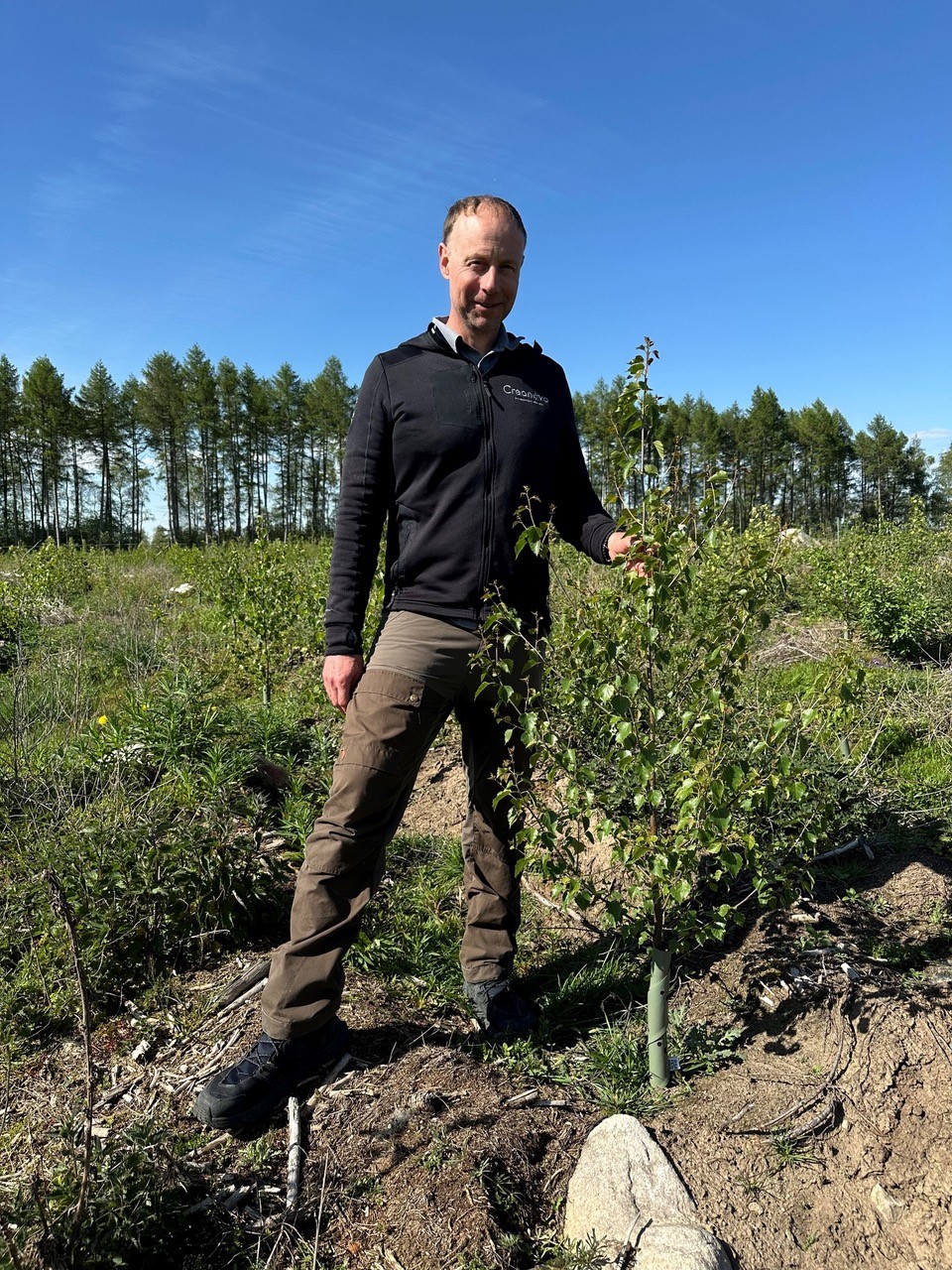
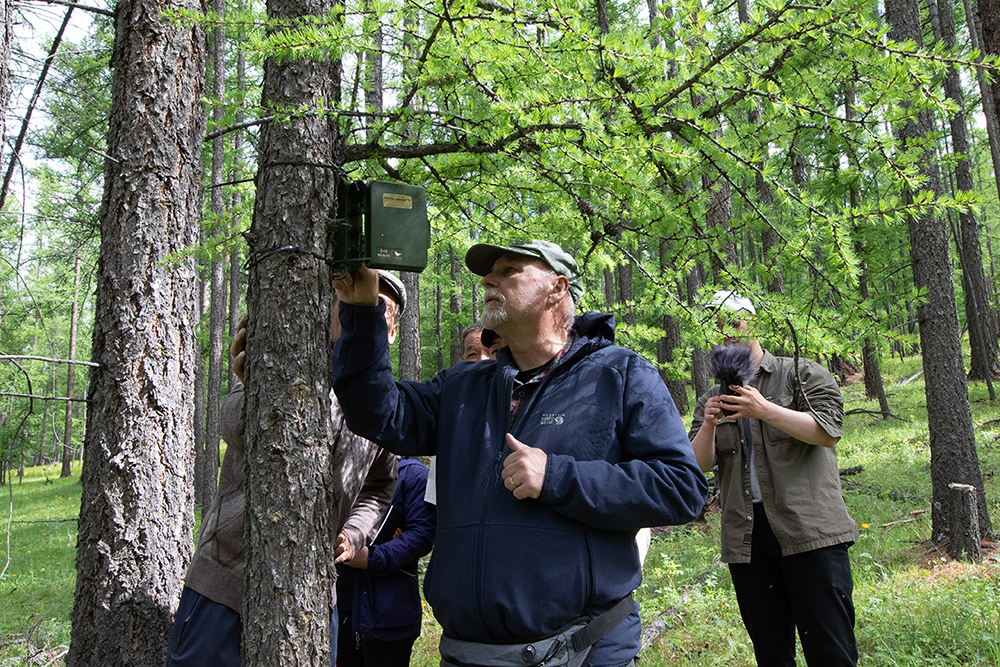
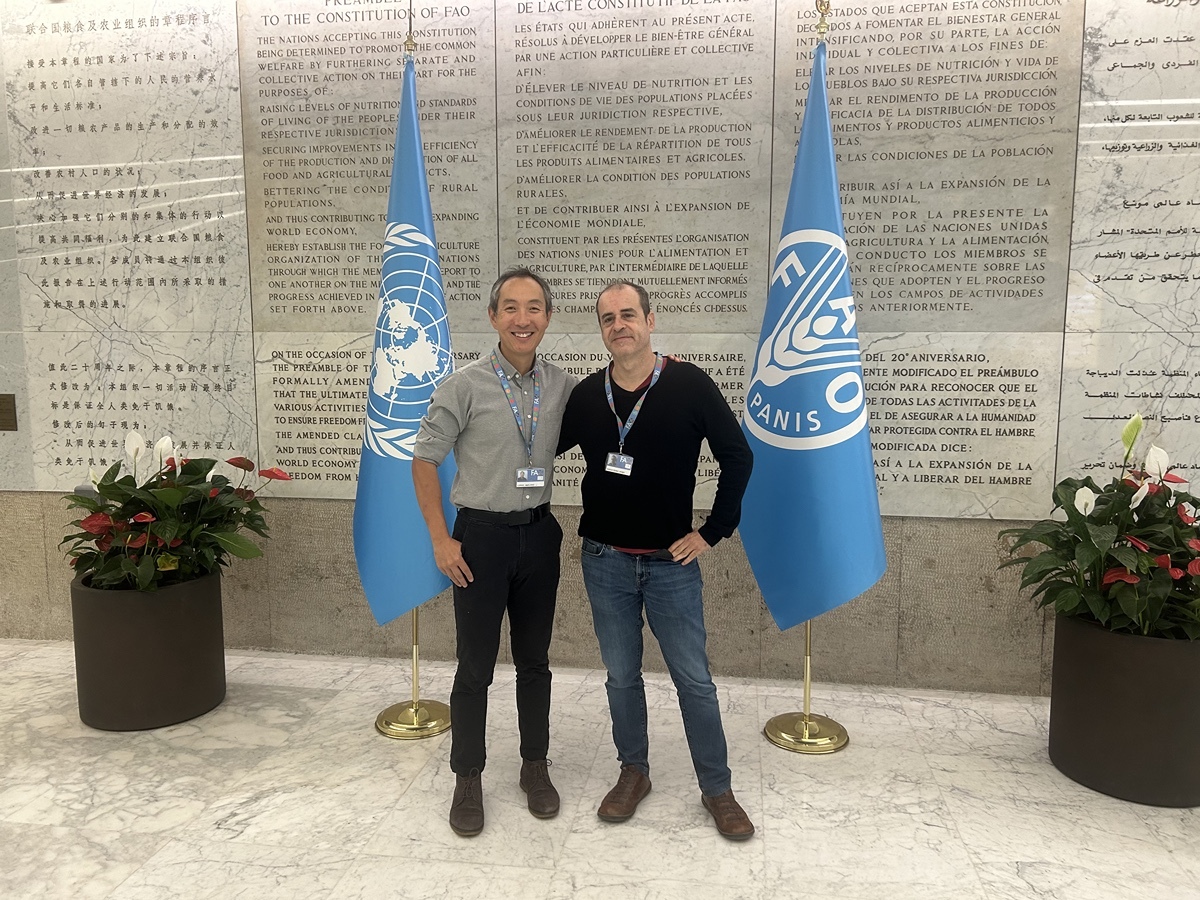
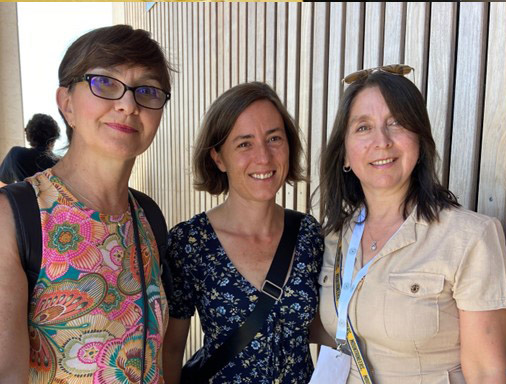
Asia
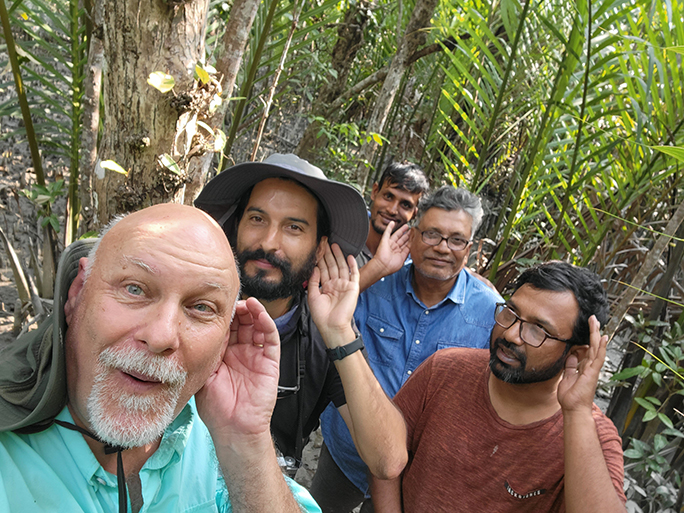
Mongolia
Relationship of Sounds of Nature and Humans in their Local Environment – An NSF-funded study is supporting Center for Global Soundscapes work, in collaboration with the American Center for Mongolian Studies, that explores how the sounds of nature couple humans with their local environment.
Bangladesh
Biodiversity Modeling of the Sundarbans – The Center for Global Soundscapes has been funded by NASA to develop a comprehensive biodiversity model of the mangrove ecosystem of the Sundarbans, Bangladesh.
Timor-Leste
Aquaculture feeds for small-holder farmers – Paul Brown is collaborating with Catholic Relief Services in Dili, Timor, helping small-holder tilapia farms produce feed. Farmers were taught how to produce black soldier flies on site, using commonly available food waste.
Antarctica
Assessment of Pharmaceutical and Personal Care Products Endocrine Disruptor Effects in Antarctic Spiny Plunderfish by Sewage Effluents on the Antarctic Peninsula – Marisol Sepulveda is working with Paulina Bahamonde from Universidad Mayor in Chile to evaluate the impact of pharmaceutical and person care products released into the marine environment from coastal Antarctic research stations via untreated and/or treated sewage waste.
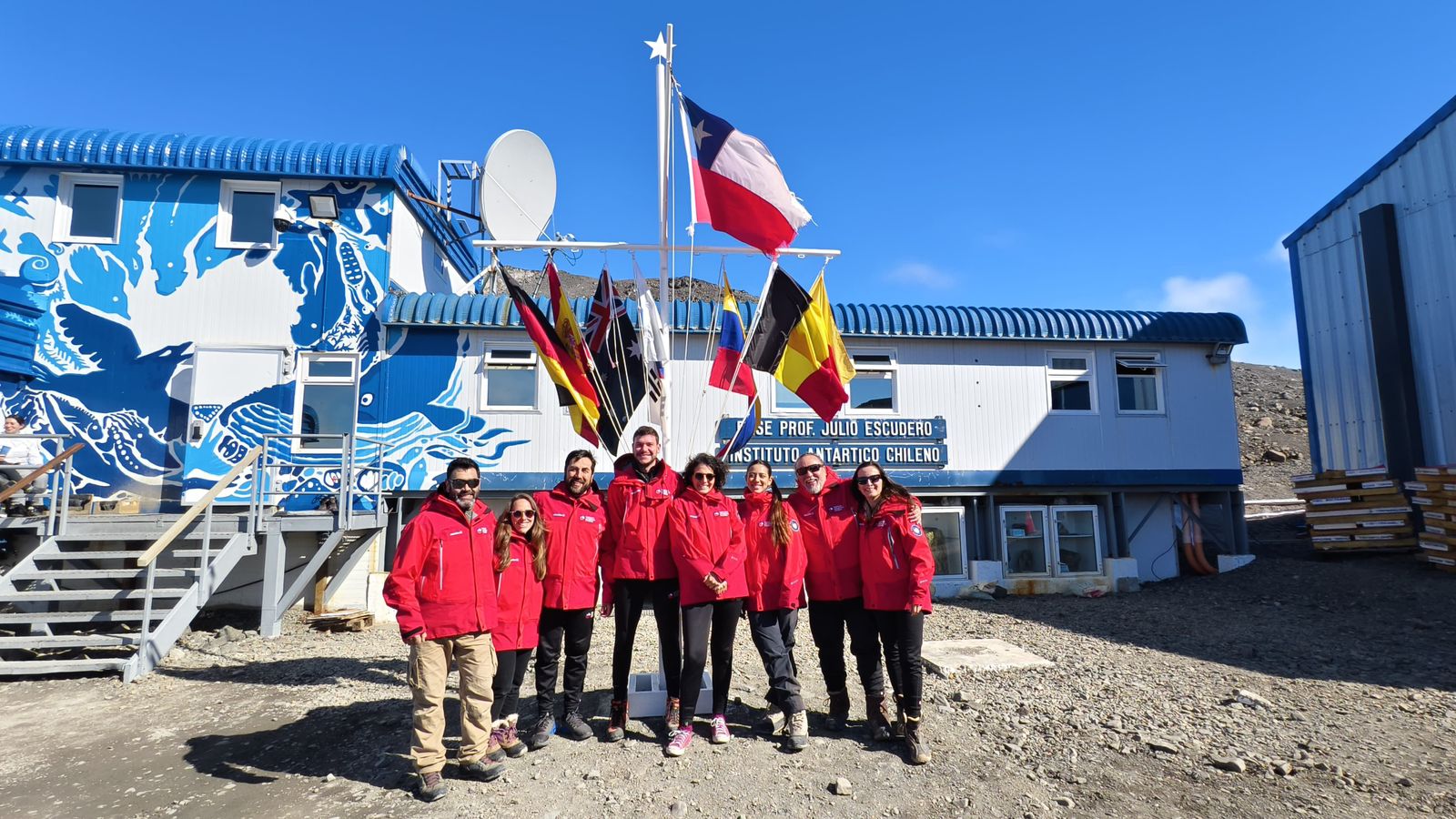
Featured Story
Featured Story
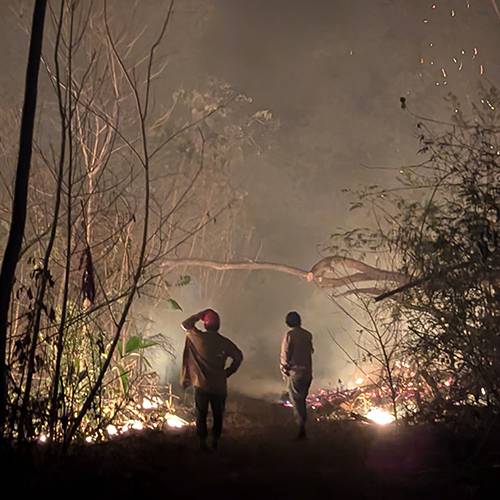
PhD candidate Katy Dix spent last fall in Bolivia, researching wildfire drivers, impacts and management in the Indigenous territory of Monteverde — and learning how to prevent and mitigate these impacts. “The need for effective...
Full Article